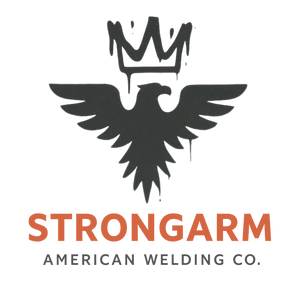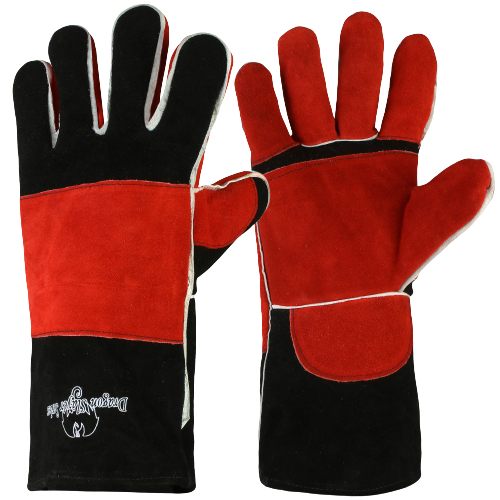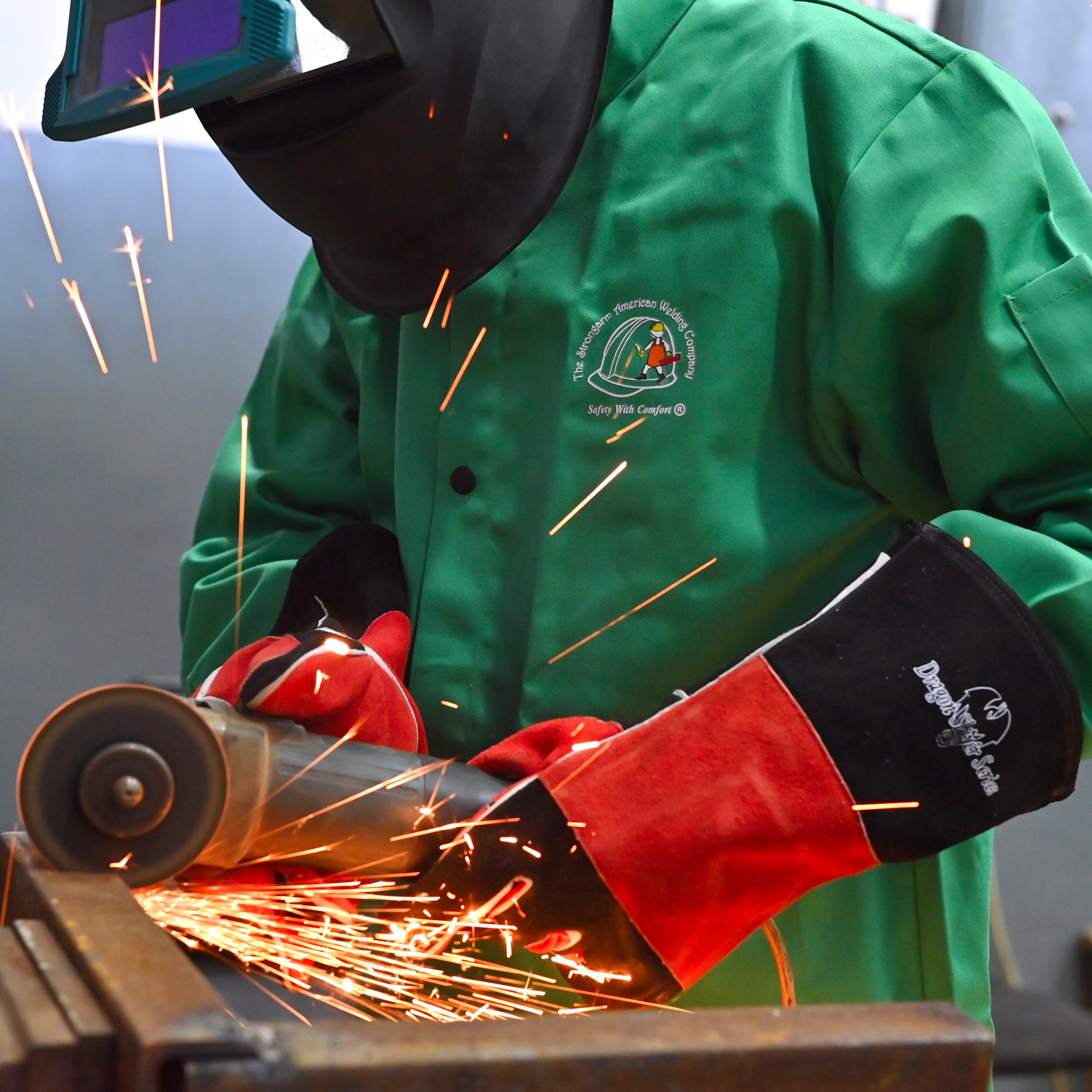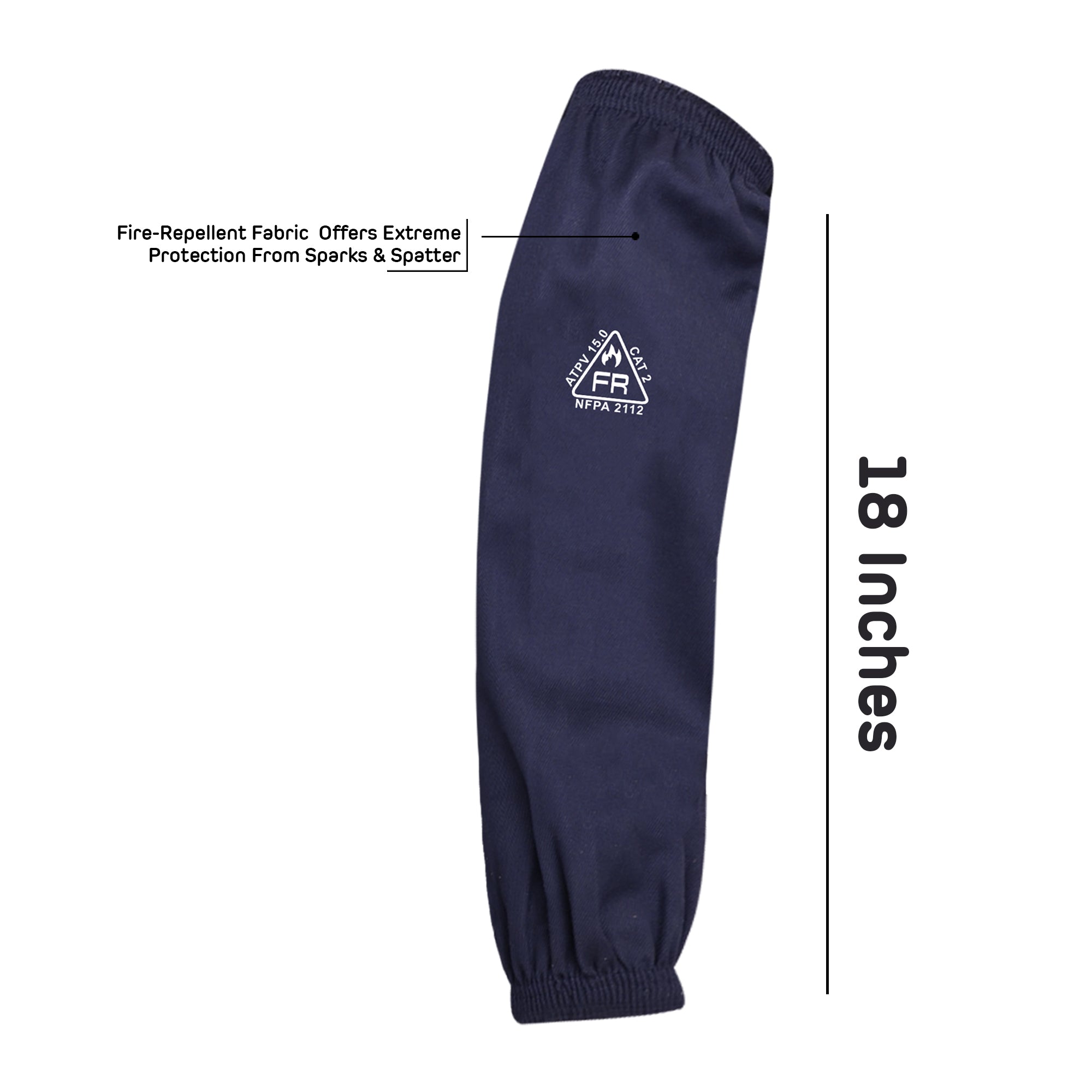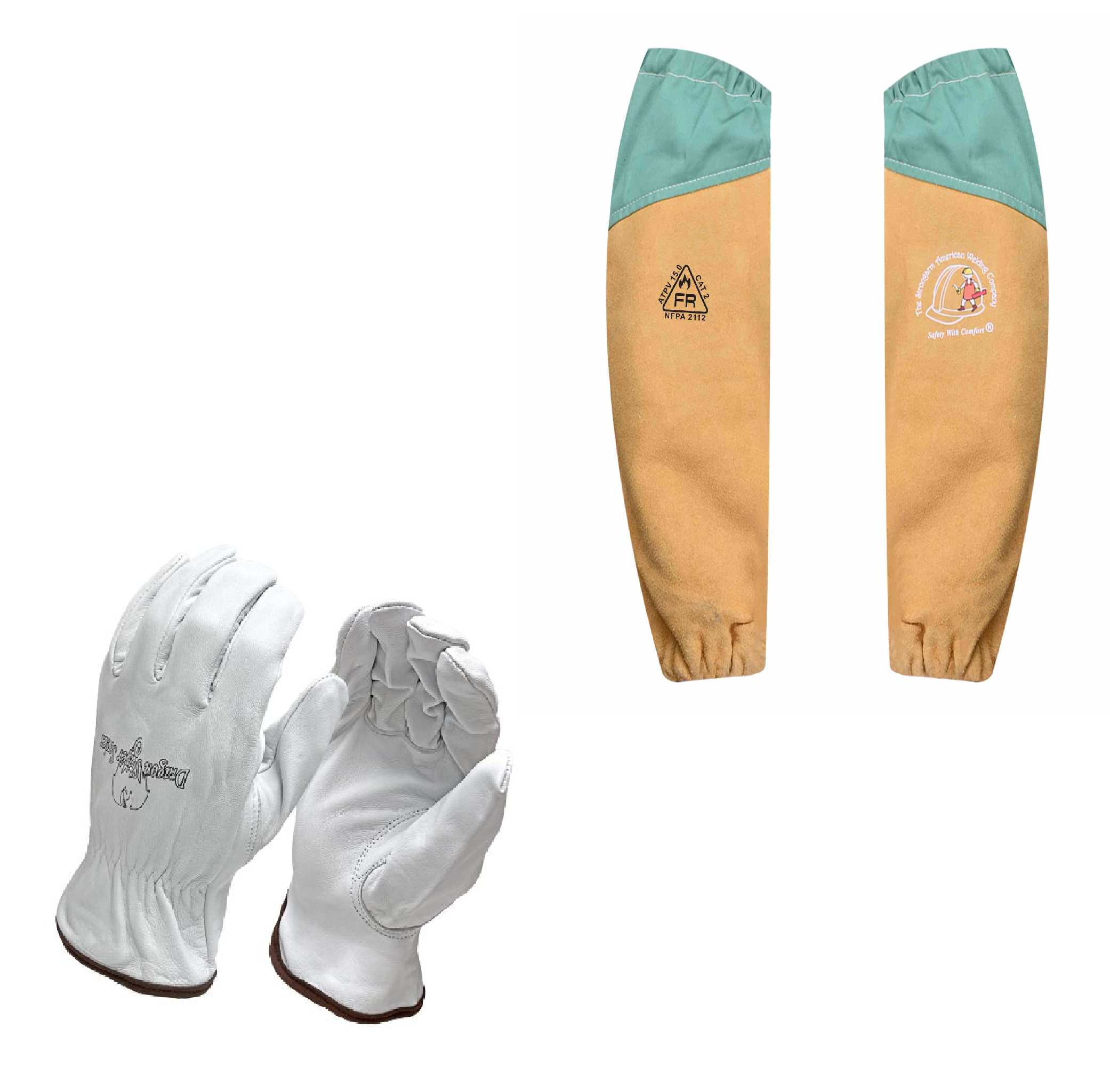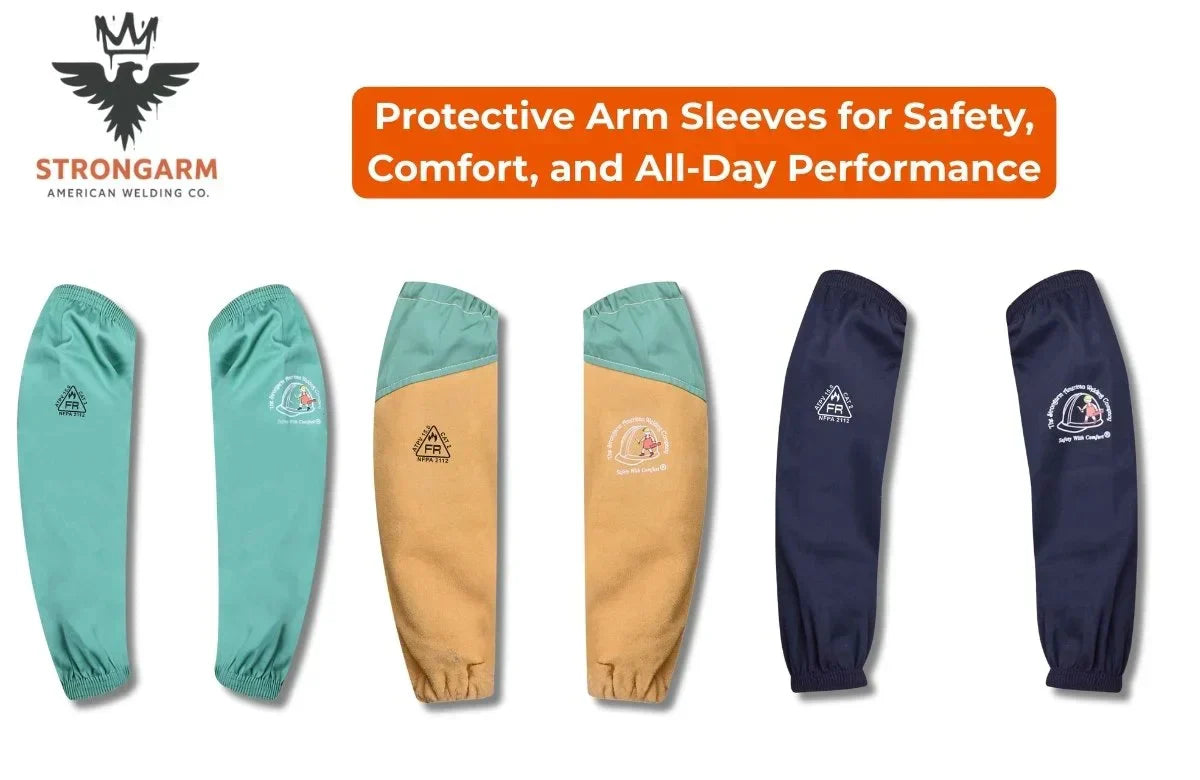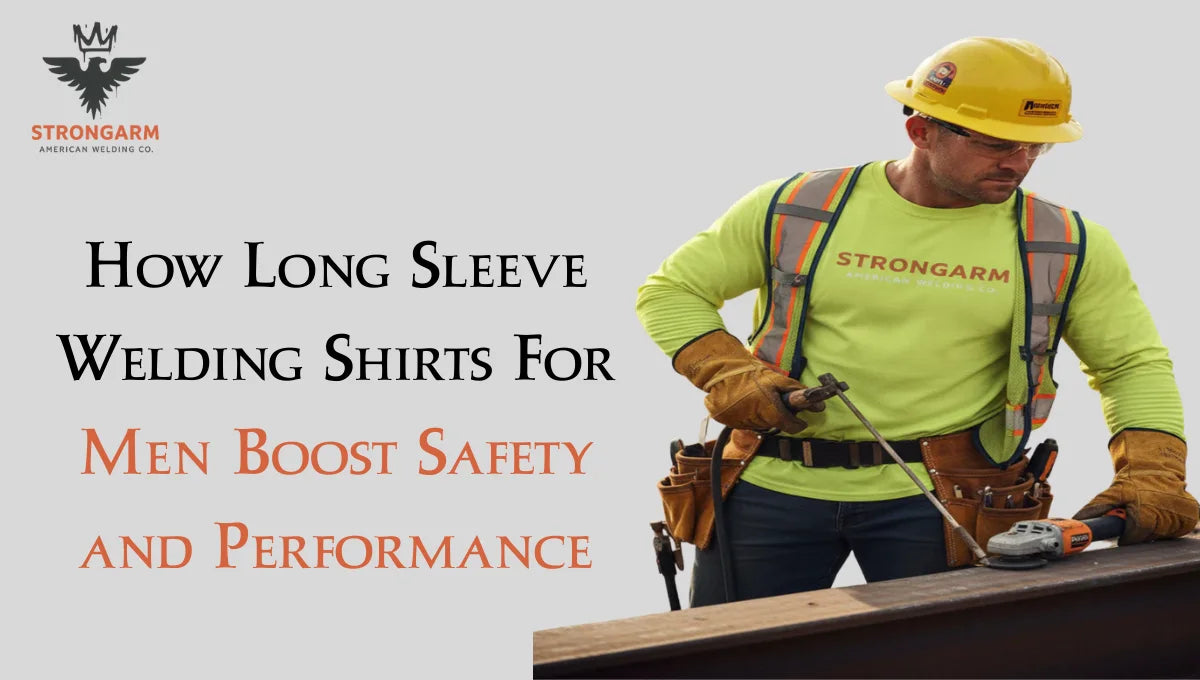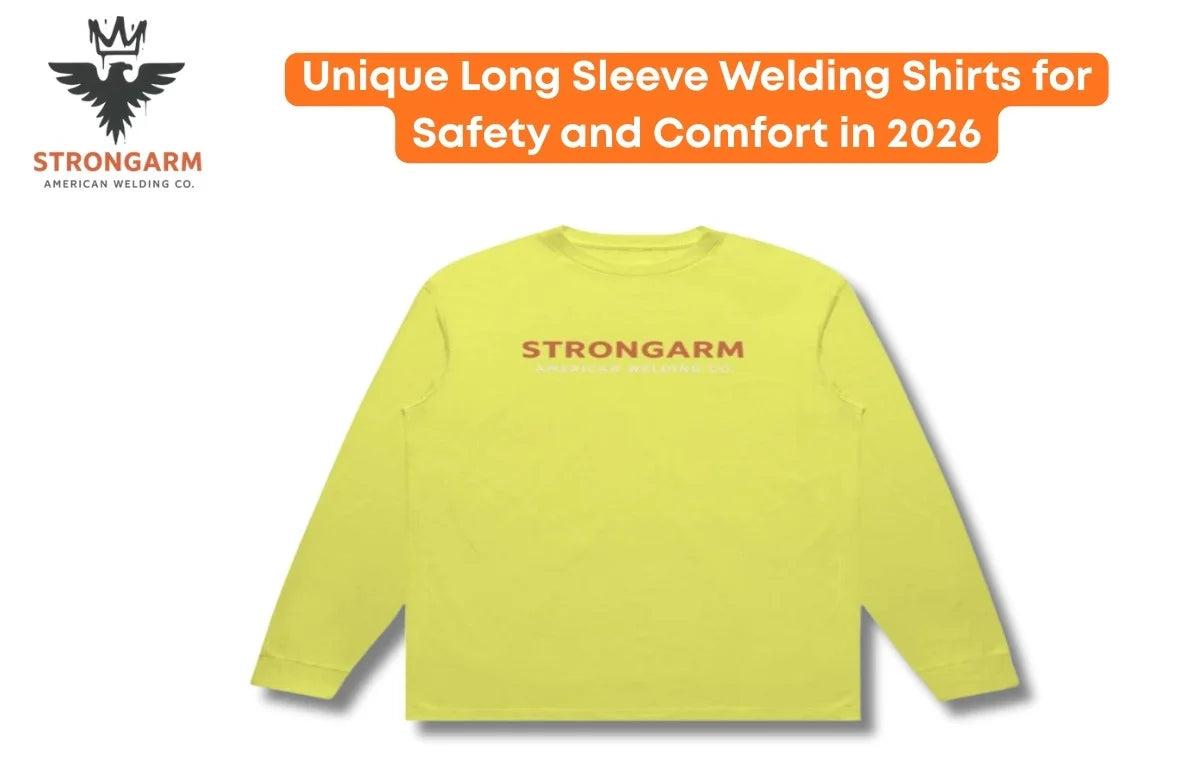Welding is an important process in many industries. It can be dangerous for the welder, so wearing protective gear is essential. One of the most crucial pieces of protective gear is the welding jacket. But with so many materials, styles, and features available, choosing the right jacket can be challenging. This guide will explore the factors you should consider when selecting the perfect welding jacket types and jacket materials for your specific welding techniques.
Understanding Your Welding Techniques
To select the right welding jacket, you must know which welding techniques you'll use. Different techniques come with other hazards, such as heat and sparks. Some standard welding methods include:
MIG (Metal Inert Gas) Welding
MIG welding is a process that uses a welding gun to melt and join base metals. It's easy to use and versatile, which makes it popular in many applications. The process involves feeding a wire electrode through the welding gun to join the metals.
TIG (Tungsten Inert Gas) Welding
TIG welding is a welding process that uses a tungsten electrode to create the weld. It is often used in industries where precision and aesthetics are essential.
Stick Welding (SMAW - Shielded Metal Arc Welding)
Stick welding is a type of welding that uses a special electrode coated in a substance called flux. It can be used on many different types of metal and can even be done outside in tough conditions.
Flux-Cored Arc Welding (FCAW)
FCAW is a welding technique that's similar to MIG welding. It uses a tubular wire filled with flux instead of a solid wire. This technique is well-known for its ability to deposit high amounts of welding material quickly. It's commonly used in heavy fabrication and construction jobs.
Factors to Consider When Selecting a Welding Jacket
When selecting a welding jacket, several factors should be considered to ensure optimal comfort, protection, and durability. Here are some key factors to keep in mind:
Material
Welding jackets are made from flame-resistant jacket materials such as leather, cotton, or synthetic fabrics like Kevlar. Each material offers different levels of protection and comfort:
-
Leather: Welding jackets from this material are durable and offer excellent protection against sparks and heat. They are commonly used in high-heat welding processes like stick welding or when working with heavy metals
- Cotton: Cotton jackets are lightweight and breathable, making them suitable for low-heat welding processes like MIG. They provide basic protection against sparks but may not withstand prolonged exposure to high temperatures.
- Synthetic Fabrics (e.g., Kevlar): Synthetic welding jackets combine leather's durability with cotton's lightweight and flexibility. They offer superior protection against heat and sparks and are ideal for TIG or other precise welding techniques.
Fit and Comfort
A welding jacket should fit comfortably without restricting movement. Consider the jacket's length, sleeve design, and overall fit to ensure freedom of movement while welding. Wear jackets with adjustable cuffs and waistbands to customize the fit.
Heat Resistance
The level of heat resistance required depends on the welding technique and materials being welded. For high-heat welding processes like stick welding, choose a jacket with higher heat resistance, preferably made from leather or synthetic materials designed to withstand extreme temperatures.
Spark and Spatter Protection
Sparks and spatter are common hazards in welding, so selecting a jacket with adequate protection is essential. Look for jackets with reinforced stitching, flaps over pockets, and high collar designs to prevent sparks and spatter from penetrating the fabric.
Choosing the Right Welding Jacket for Specific Welding Techniques
Welding jackets protect welders from the intense heat, sparks, and spatter generated during welding. However, choosing the right one for your specific welding technique can be challenging with so many different types of welding jackets available. Here are some tips to help you select the right welding jacket for your needs:
MIG Welding
If you are performing MIG welding, you'll need a lightweight, flexible, and breathable jacket made from materials like cotton, denim, or leather. These jackets should offer sufficient protection without restricting your movements.
TIG Welding
TIG welding requires a lightweight and breathable welding jacket that provides excellent dexterity. Jackets made from wool or cotton allow you to maintain control over your welding torch.
Stick Welding
Stick welding generates the most heat, sparks, and spatter, so you will need a heavy-duty jacket that can withstand intense conditions. Look for jackets made from materials such as leather, which will provide you with the best protection against burns and other hazards.
Plasma Cutting
If you are performing plasma cutting, you will need a flame-resistant and lightweight jacket. Look for jackets types made from materials such as Kevlar, which will provide excellent protection against heat and sparks while allowing you to move freely.
Flux-Cored Arc Welding Welding
When choosing a welding jacket material for FCAW, look for a flame-resistant material that covers the torso, neck, and arms. Ensure a comfortable fit, and consider features like ventilation, pockets, and reflective strips for added safety.
Conclusion
After considering the various factors involved in selecting a welding jacket, you should now better understand which types of jacket will best suit your needs. Remember to prioritize safety, comfort, mobility, and durability when deciding. A high-quality welding jacket is essential safety equipment that will protect you from sparks, splatter, and other hazards while you work. With the right welding jacket, you can focus on your welding techniques and complete your projects with confidence and peace of mind.
Strongarm is the leading welding manufacturer and provider in America. We have a team of trusted professional welders offering a wide range of welding aprons and gears to suit your needs. Contact us today for all your weldings essentials.
